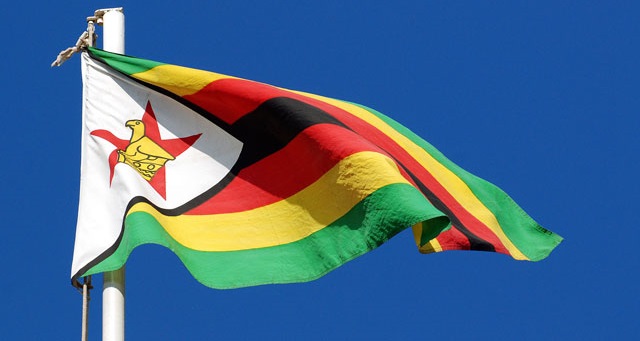
Harare, Zimbabwe | AFP | Scores of Zimbabwe nurses on Friday protested in Harare’s central city park after the government dismissed them for striking over low salaries and poor working conditions.
The nurses, who wore their white uniforms, demanded the government reverse its decision to fire the majority of the 15,000 nurses after they took industrial action on Monday.
Their walk-out came shortly after doctors ended a month-long strike last week.
“We want to go back to work but we cannot go back when we do not have enough resources,” Pretty Gudza, a Harare-based nurse told AFP. “We are putting our lives at risk.”
Government hospitals are failing to stock drugs, forcing patients to buy from private pharmacies, she said.
Charles Murira, a midwife, said the situation in hospitals was dire following government’s decision to fire the nurses.
“The situation is so bad, patients are dying. The wards are closed, there are no nurses, they have been fired and barred to work in hospitals,” Murira said.
Zimbabwe’s Vice President Constantino Chiwenga, dismissed the nurses on Tuesday, accusing them of being “politically motivated”.
But Murira said: “We are apolitical. We are patriotic, we are not politicians.”
“When the vice president chased us we feel threatened in Zimbabwe, this is our country, our land, we cannot do anything negative to our country,” he added.
Ordinary citizens and rights activists joined the nurses’ protest, highlighting their concerns at the stand-off.
Both the striking healthcare workers and supporters wrote letters demanding the nurses get re-hired, putting them in boxes to be handed over to the government.
On the boxes were inscriptions “Bring back our nurses now” and “#Dear VP”.
The government has already started hiring retired and unemployed nurses to fill the vacant posts.
New President Emmerson Mnangagwa, has vowed to tackle the country’s dire economic crisis that created mass unemployment, emigration and a severe shortage of banknotes.
Zimbabwe is due to hold elections in July or August, the first since Robert Mugabe’s shock fall from power in November.
 The Independent Uganda: You get the Truth we Pay the Price
The Independent Uganda: You get the Truth we Pay the Price



